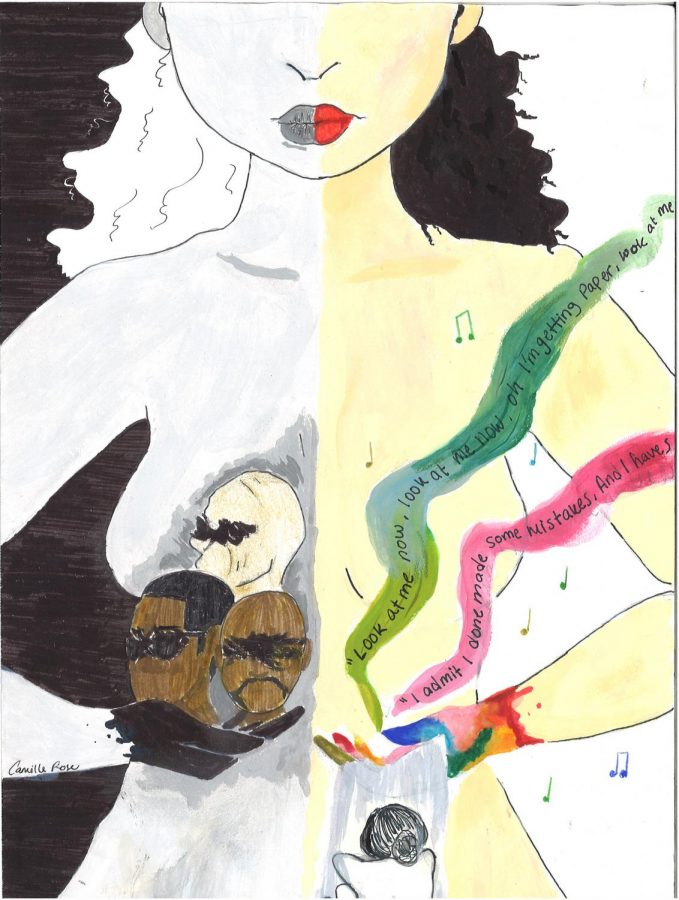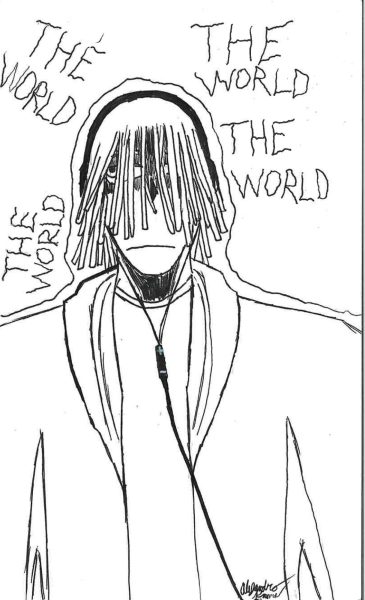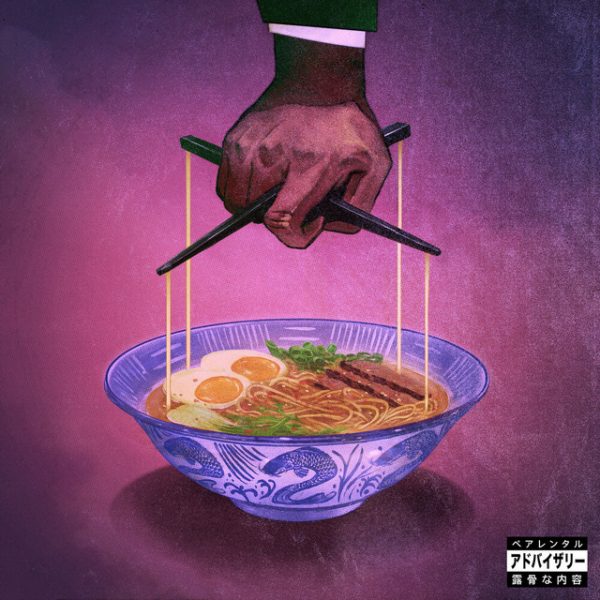Separating art from the artist
In light of recent events, it’s become more apparent that many creative minds use their status to cover-up the lives they live behind the scenes.
As most of us know, Lifetime aired their controversial docuseries “Surviving R. Kelly” in early January.
This allowed a revamped conversation about the artist and brought their personal lives to surface.
The survivors of his alleged abuse incited some responses on social media that were about as controversial as the docuseries itself.
You have the “cancel the artist” side and the “what they do behind closed doors isn’t my business” side.
However, there’s no good output if there’s no balance. So how can you separate the problematic person from their works?
In one scenario, it’s simple. The artist just isn’t very influential, so throw it all away.
However, handling cases such as Chris Brown, R. Kelly and other artists gets sticky since they’ve influenced the progression of our cultures in some way through their art medium.
The person should be held accountable for their actions.
Allowing for special treatment because of fame isn’t the way to go as it encourages the idea that if someone is popular, they’re untouchable in regards to consequences.
To their victims, the lack of justice says “speaking out won’t bring you justice,” and in the American political climate, we could use some hope for the betterment of our judicial system.
The artist shouldn’t be permitted to continue profiting from the societies they’re negatively impacting with their personal lives, but the art itself is not at fault.
Lots of music now-a-days is the product of a problematic source, but we still listen to it.
Many paintings and sculptures were created by abusive, sadistic people.
Take Picasso for example. According to his granddaughter Marina Picasso’s memoir, “He needed blood to sign each of his paintings: my father’s blood, my brother’s, my mother’s, my grandmother’s, and mine. He needed the blood of those who loved him.”
We still learn about Picasso and his influence on art, don’t we? At times, we make things more complicated than they have to be.
That’s because the art created was influential enough to become a staple in our societies and cultures.
Listening to older songs or admiring art doesn’t mean you stand against victims. It means you grapple towards certain styles of art.
After the artist is ousted, it’s best to leave their newer work for them to admire alone. But the influence they’ve had thus far isn’t going to change.






